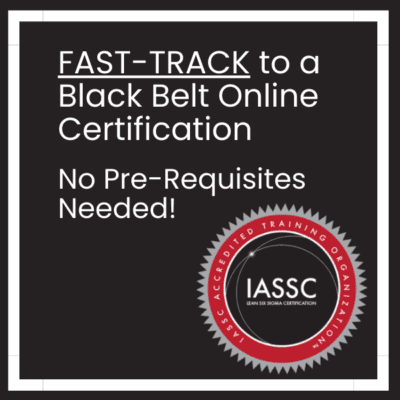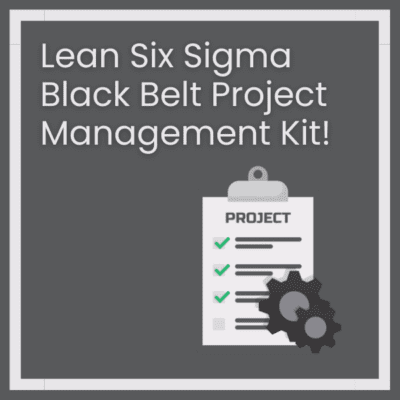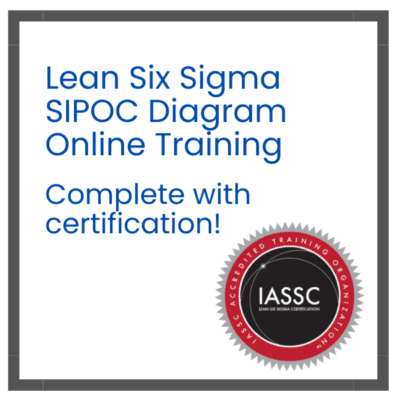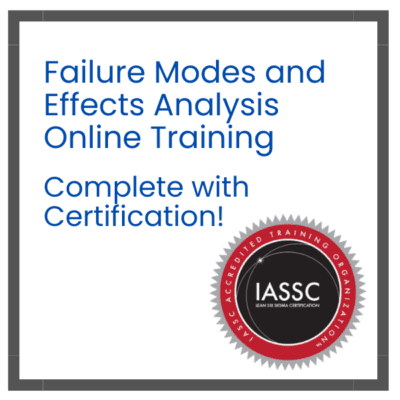Both Kaikaku (Japanese production philosophy) and Kaizen (Japanese production philosophy) are concepts that have their origins in the Toyota Production System. We will not go into detail about Kaizen Blitz, Kaizen Events, or Kaizen Blitz, as they are widely used and well-known concepts.
Kaikaku aims for transformational changes, while Kaizen focuses on incremental changes. This means a radical redesign of business processes that affects the entire organization. Kaikaku events are generally cross-organizational and can take months to complete rather than the typical 5-day Kaizen event. Kaikaku events can span across multiple organizations and functions, whereas Kaizen events tend to be narrowly focused. Kaikaku events are more extensive, but their impact can be immediate.
Kaikaku: Five Days One Night
Kaikaku, the Japanese word for “radical changes” in a short period of time, is also known as a Kaizen event or Kaizen Blitz. Kaizen focuses more on daily, incremental changes.
It was originally known as “Five Days One Night”, because most participants slept very little during that week.
- Day One is a training session on improvement methods such as the Toyota Production System.
- Day 3 consists of a study of the processes to be improved, including cycle time, takt times, and the breakdown of work between tasks that add value and those that don’t.
- Day 3. is a day of planning the layout and sequence of the work, as well as determining how to best move the equipment and processes later that evening (often until midnight).
- Day four involves testing the new process, training workers in its use, and dealing with any problems or challenges that may arise.
- Day Five consists of reporting to the management on what improvements have been made and what needs to be done.
Kaikaku, a Japanese term that translates to “radical change” or “revolutionary change,” refers to a Lean manufacturing concept that involves making significant, transformative changes to processes, systems, or workflows. Implementing kaikaku initiatives can offer several benefits to organizations:
- Dramatic Improvements: Kaikaku initiatives lead to significant improvements in efficiency, productivity, and quality by challenging existing processes and finding innovative ways to achieve better results.
- Breaks Status Quo: Kaikaku encourages organizations to question established practices and think outside the box. It breaks the status quo, fostering a culture of continuous improvement and creativity.
- Waste Reduction: By reevaluating and redesigning processes, kaikaku helps in identifying and eliminating various forms of waste, such as overproduction, excess inventory, waiting time, and defects.
- Faster Results: While continuous improvement (kaizen) focuses on gradual, incremental changes, kaikaku brings about rapid, large-scale improvements. This speed can lead to immediate benefits and boost morale within the organization.
- Increased Capacity: Optimizing processes through kaikaku can increase the capacity of production lines or workflows, allowing organizations to meet higher demand without the need for significant capital investment.
- Cost Reduction: Eliminating waste, improving efficiency, and increasing productivity often result in cost savings. By identifying and removing non-value-added activities, organizations can optimize resource utilization.
- Improved Quality: Kaikaku initiatives often lead to improved quality by addressing the root causes of defects and errors. Redesigned processes are more streamlined, reducing the likelihood of mistakes and defects.
- Enhanced Employee Engagement: Involving employees in kaikaku initiatives can boost engagement and morale. When employees see their ideas implemented and witness the positive impact on the organization, they are more likely to actively participate in future improvement efforts.
- Competitive Advantage: Organizations that can quickly adapt, innovate, and improve their processes through kaikaku gain a competitive advantage in the market. They can respond more effectively to changing customer demands and market trends.
- Cultural Transformation: Successful implementation of kaikaku can lead to a cultural transformation within an organization. It promotes a mindset of openness to change, continuous learning, and a proactive approach to problem-solving.


















